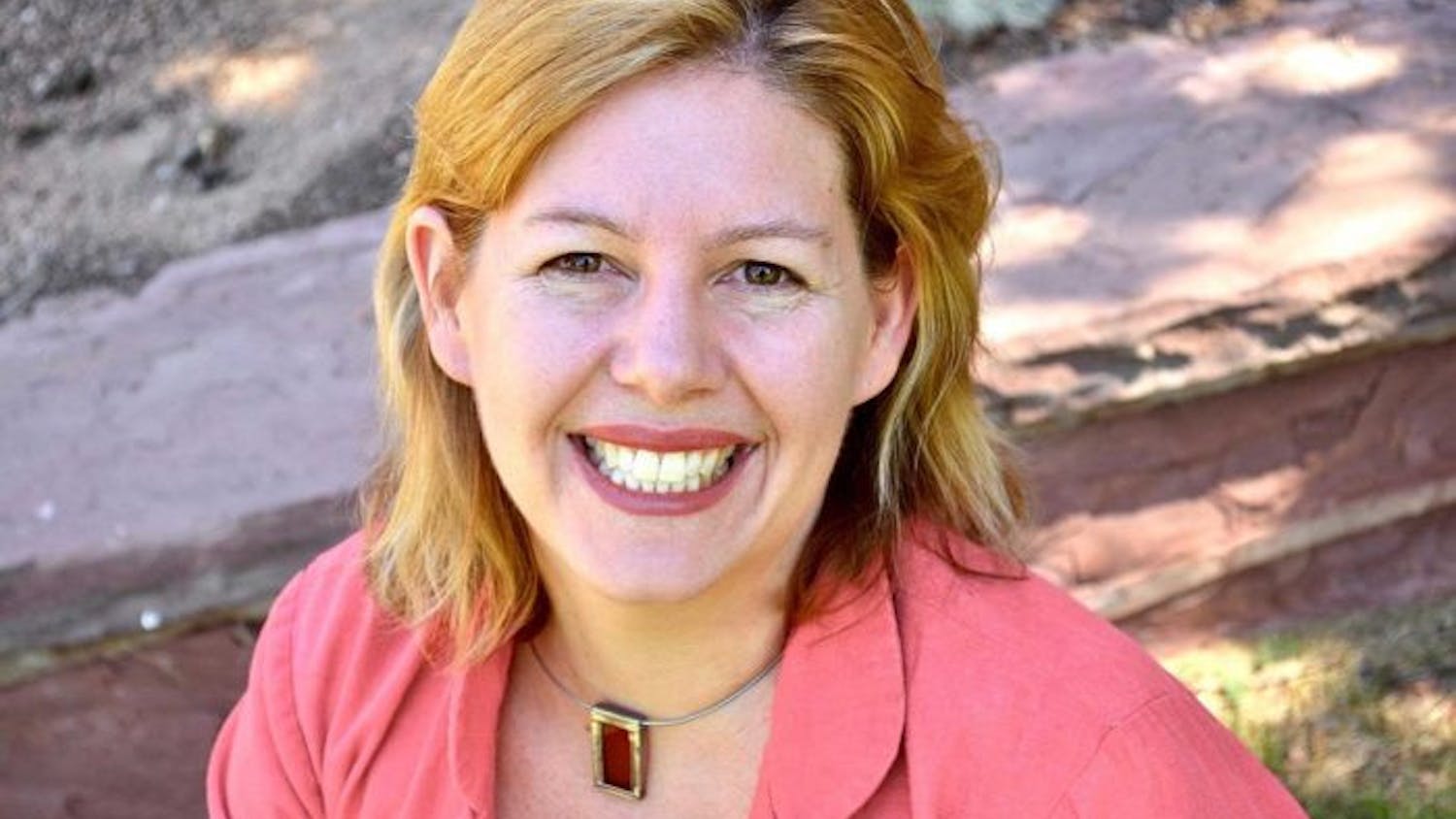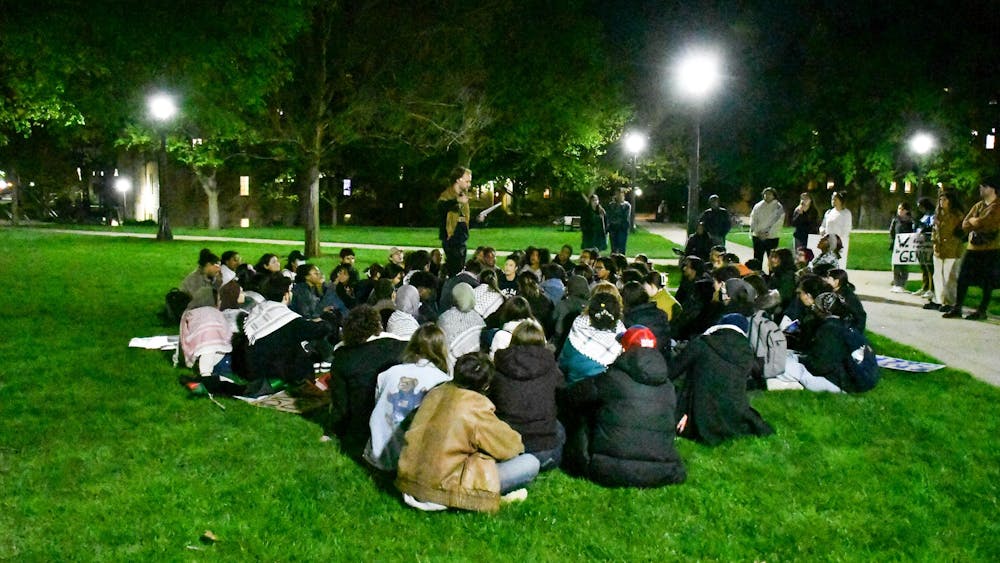"From Christ the whole body, joined and held together by every supporting ligament, grows and builds itself up in love, as each part does its work." (Ephesians 4:15-16)
All of us here have known the common, uncomfortable experience of arriving here on campus as a stranger: Those first days of moving in, traveling with a pack of other rookies to one planned activity after another, surreptitiously glancing at a campus map to make sure that DeBartolo is, in fact, "over that way." I remember looking down North Quad during my first weekend here and marveling, "I can look around at about 200 people right now and I haven't known a single one of them for more than a day or two."

We all long to feel welcome when we become part of a new community. There's nothing more awkward than feeling that you're the only one in the room with no one to talk to, the only one who doesn't get the joke, understand the tradition or know at least most of the other people. But sometimes the hardest part is getting started: the offering or accepting of invitations, the trying of new things while surrounded by new roommates, classmates or teammates.
St. Benedict of Nursia, a monk from sixth century Italy, basically invented the concept of a monastery, a place where men or women could live in community and commit themselves to God and to each other. To guide the monks who followed him, Benedict wrote a book which directed the Benedictines in their individual lives and, perhaps even more importantly, in how to live well together.
Many other monastic communities and guidebooks have flourished since Benedict's, but even after 1500 years, "The Rule of St. Benedict" remains the most influential monastic guide in all of Christianity.
One of St. Benedict's highest priorities included the insistence on making his monasteries places of hospitality. One of his most famous rules regards the importance of welcome: "All guests who arrive should be received as Christ, for he himself will say, ‘I was a stranger and you took me in.'"
Remember the awkward kid in high school who always seemed to get left behind when the group would mobilize? Maybe you were that not-quite-included person, or maybe you were part of the pack who left that person behind. Maybe, on the other hand, you were the brave soul who dared to go back and invite the loner to join the gang. Every day — probably many times a day — each one of us has an opportunity to offer a welcome, to invite, to make our community bigger and better and stronger, simply by how we treat each other.
Yet forming true community takes work. It's one thing to cheerfully greet your friends on the quad or to give directions with an enthusiastic smile to the sight-seers who have wandered on to campus or the South Florida fans who will arrive soon. However, to move beyond the superficial layer of friendly welcome toward true community means patiently attending to your oh-so-shy roommate or including the guy down the hall even though he kind of irritates you. In this Sunday's gospel, Jesus points out the ongoing work arising from community life: we must return to each other again and again to insist that wrongs are righted, misunderstandings cleared up, injustices redressed. For then, Christ concludes, "Where two or three are gathered in my name, there I am in the midst of them" (Matthew 18:20).

Our own Blessed Basil Moreau, founder of the Congregation of Holy Cross, expressed his hope for the community of Holy Cross and perhaps for what Notre Dame might become as well: "Let us stand in closely united ranks and … let us live in such a manner that, as it sees the members of our family, the world may say of us as it was said of the first Christians: ‘See how they love one another!' This is the most ardent desire of my heart."
Those of you who have been here for a while, be welcomers. If you're new, accept invitations, even from strangers, and offer a few of your own. Even if you've only been here a few weeks, remember that before you know it you'll be on a Frosh-O committee or in hall government or the president of a club on campus, welcoming someone newer than you.
Let us "grow and build up the body of Christ in love," as St. Paul wrote to the Ephesians, as each of us commits ourselves to the work of a hospitable community.
Kate Barrett is the director of the Emmaus Program in Campus Ministry. She can be reached at kbarrett@nd.edu
The views expressed in this column are those of the author and not necessarily those of The Observer.












